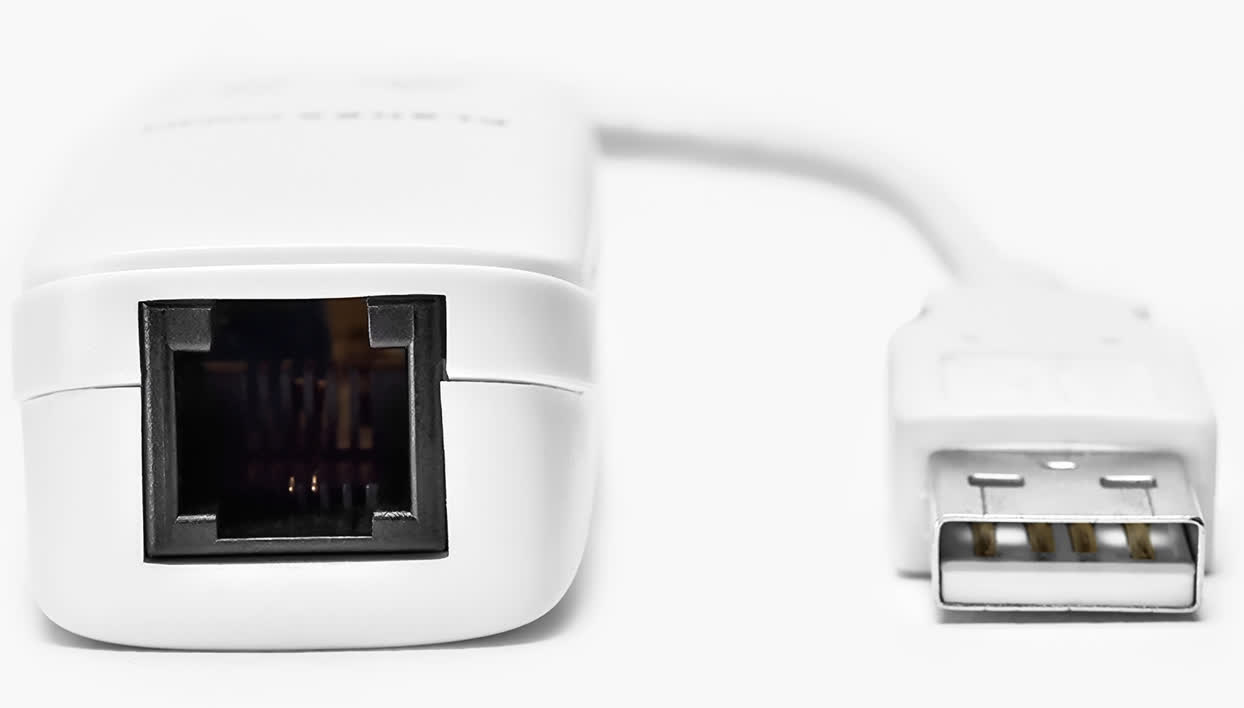Serving tech enthusiasts for over 25 years.
TechSpot means tech analysis and advice you can trust.
The opposite of cutting-edge: It's the era of 5G and gigabit-speed internet, and dial-up connections are dead in most places. However, that hasn't stopped a Japanese company from rolling out a brand-new 56K modem for anyone still relying on ancient copper phone lines to surf the web.
Planex Communications' new PL-US56K2(A) USB modem just hit the market. For around $40 on Amazon, this retro device connects to your PC via USB, allowing you to access analog phone lines for internet connectivity, data transfers, and even fax capabilities.
Sure, the speeds are laughably slow by modern standards, with a theoretical maximum of 56 Kbps for downloads. But hey, they should still allow you to browse Gmail – though you'd likely have been better off switching to the basic HTML version if Google hadn't killed it off earlier this year.
Planex states that the modem complies with the 56K ITU-T standard recommendations and supports the V.90 and V.92 protocols. It's also designed to be plug-and-play with the latest versions of Windows, meaning you can simply connect it to your USB port without needing to install drivers. Its compact size (25mm x 75mm x 18mm) and lightweight design (just 28 grams) make it easy to stow away, too.

Back in the 90s, most people with internet access connected using modems over telephone lines. The fastest modem in early 1993 had a maximum speed of 14.4 Kbps. The 28.8 K modem launched in 1994, doubling the theoretical maximum speed, followed by the 33.6 K modem in 1996. The 56 K standard used by this new modem arrived in 1998, offering a theoretical 56 Kbps download and 33.6 Kbps upload speed.
However, in practice, the advertised maximum speeds were rarely achieved due to infrastructure latencies. For instance, large downloads on a 28 K modem often averaged just 1-6 Kbps, taking hours per file even in the late 1990s. Everything changed when broadband internet arrived, revolutionizing connection speeds.
As for why anyone would want to return to dial-up speeds in 2024, there are still some niche scenarios where it might come in handy, such as accessing legacy systems that require an analog phone connection or sending faxes from older machines. Japan is also notoriously slow to move away from legacy technology (the country eliminated floppy disks from government use only this year), so it may still be useful for a few people there.